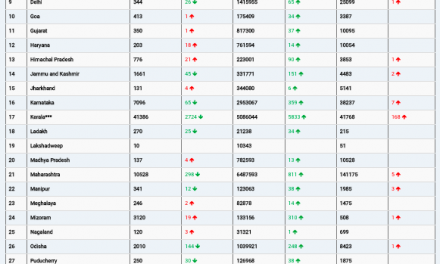Western researchers have created an innovative online course designed to address a pressing issue: young children, particularly in childcare centers, are not getting enough physical activity. Trish Tucker, a professor in the School of Occupational Therapy at Western, has spent over a decade studying the environmental factors that influence physical activity in children, leading to the development of the course.
Tucker highlights that children should engage in 180 minutes of physical activity each day, with 120 of those minutes ideally occurring in childcare settings. Preschoolers (ages 3 and 4) should be involved in moderate to vigorous activity for at least one-third of that time. However, research led by post-doctoral researcher Sophie Phillips reveals that preschoolers spend a considerable amount of time sitting—more than 40 minutes every hour—during their time in childcare. This sedentary behavior, though often filled with play or storytime, detracts from the time children spend being physically active, which is vital for their growth.
Phillips explains that the lack of movement can affect young children’s motor skills, fitness, and bone health, as well as their cognitive and psychosocial development. Early physical activity behaviors have long-term benefits, setting children on a healthy developmental trajectory.
The researchers’ recent findings underscore the importance of not just increasing the amount of time children spend being active, but also enhancing the intensity of their movements. Studies have shown that moderate to vigorous physical activity in childcare settings has significant developmental advantages, including improved motor skills and fewer emotional challenges.
To address this, Tucker, alongside post-doctoral associates Brianne Bruijns and Matthew Bourke, has been testing the “Training Early Childhood Educators in Physical Activity” (TEACH) course. This initiative educates Early Childhood Educators (ECEs) about the crucial role physical activity plays in child development. Given the spatial limitations of many childcare centers, the course helps educators creatively promote movement, even in smaller spaces where children spend their time.
Currently, the course is available to ECEs or students in Canada, free of charge. Although it has been tested in English, a French version is in the works. The researchers aim to expand the course nationwide, with growing interest from public health units in Ontario and New Brunswick.
Sophie Phillips concludes, “The early years are a perfect time for prevention to ensure children have the best start in life.” Through this course, researchers hope to empower educators to prioritize physical activity, fostering healthier futures for young children.
For more information, see the study by Sophie M. Phillips et al. in Child: Care, Health and Development (2024). DOI: 10.1111/cch.70011.












